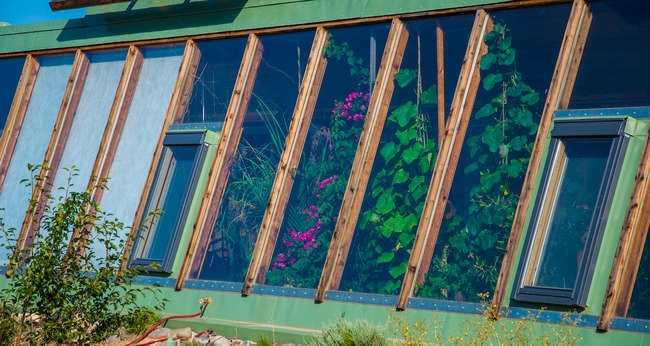We may earn revenue from the products available on this page and participate in affiliate programs. Learn More ›
Leave the World Behind

Off-grid living is a lifestyle characterized by a desire for independence and self-reliance. Though it often refers to the practice of being off the electrical grid, some homesteaders also opt to eschew public resources like gas, water, and sewage systems. When choosing a state for off-grid living, there are a number of factors to consider. Some of the most important are weather, cost of land, energy availability, and legal regulations. Read on to learn more about which states are the most compatible with this unique way of life.
California
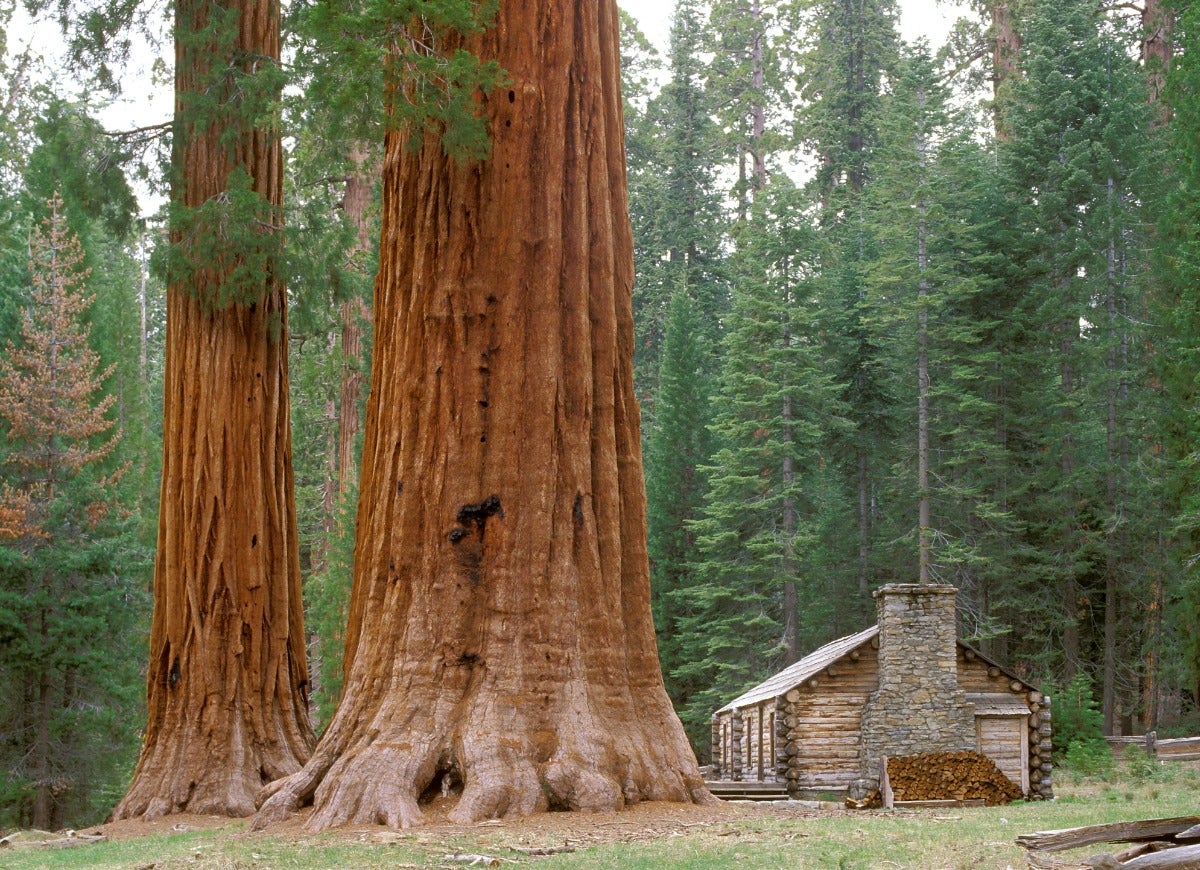
While Southern California might be a popular travel destination, the Northern part of the state is a homesteader’s paradise. This region is ideal for off-grid living because of its temperate climate and low property taxes and land prices. There’s also easy access to plenty of fresh water. Those seeking fellowship in their sustainable lifestyle will also appreciate the number of off-grid communities that exist in the state.
Colorado
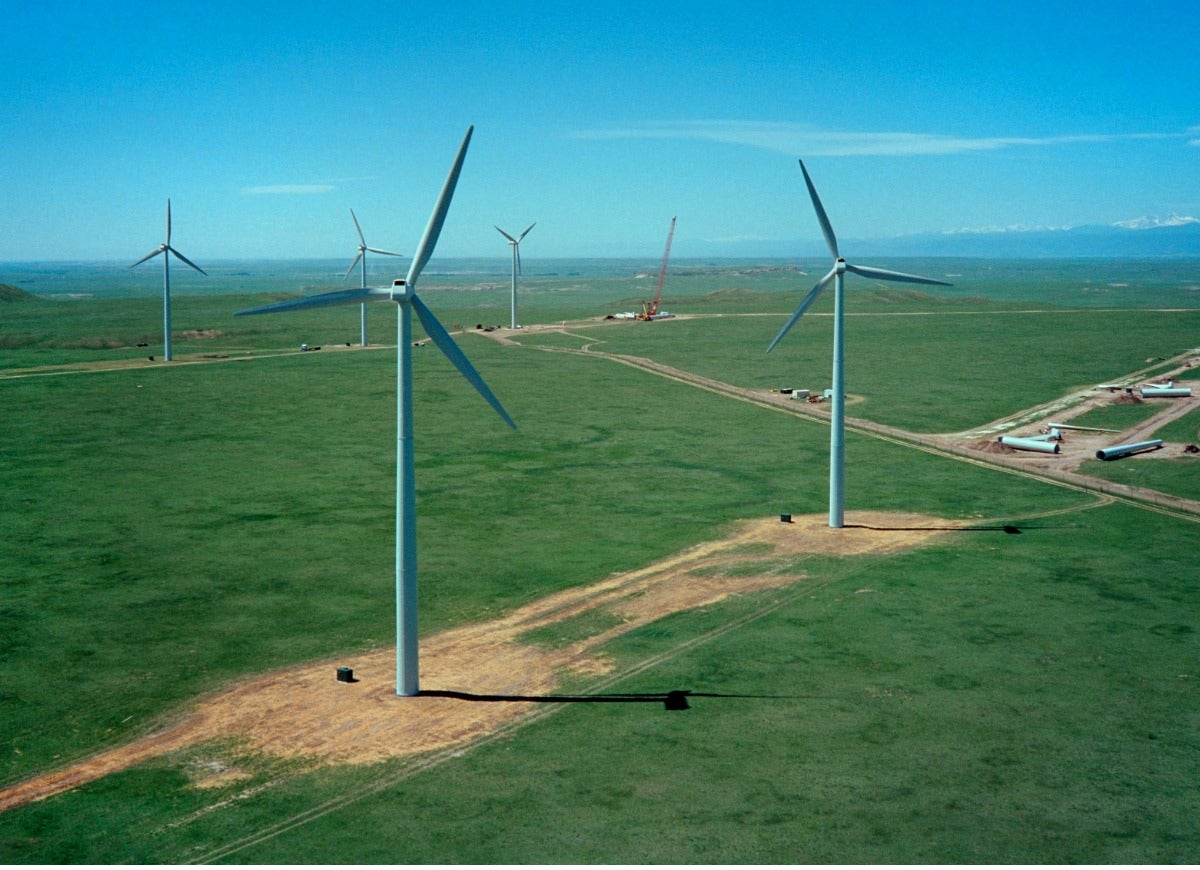
One of the reasons Colorado is a great pick is because of the availability of renewable energy sources. The state is quite windy, and gets plenty of sun year-round, despite colder temperatures. This makes both solar and wind power possibile. There are also several regions in the state without building codes, including Delta County, Custer County, and Montezuma County—meaning homeowners only have to abide by state codes.
Related: 8 Important Things to Know About Home Wind Turbines
Alabama
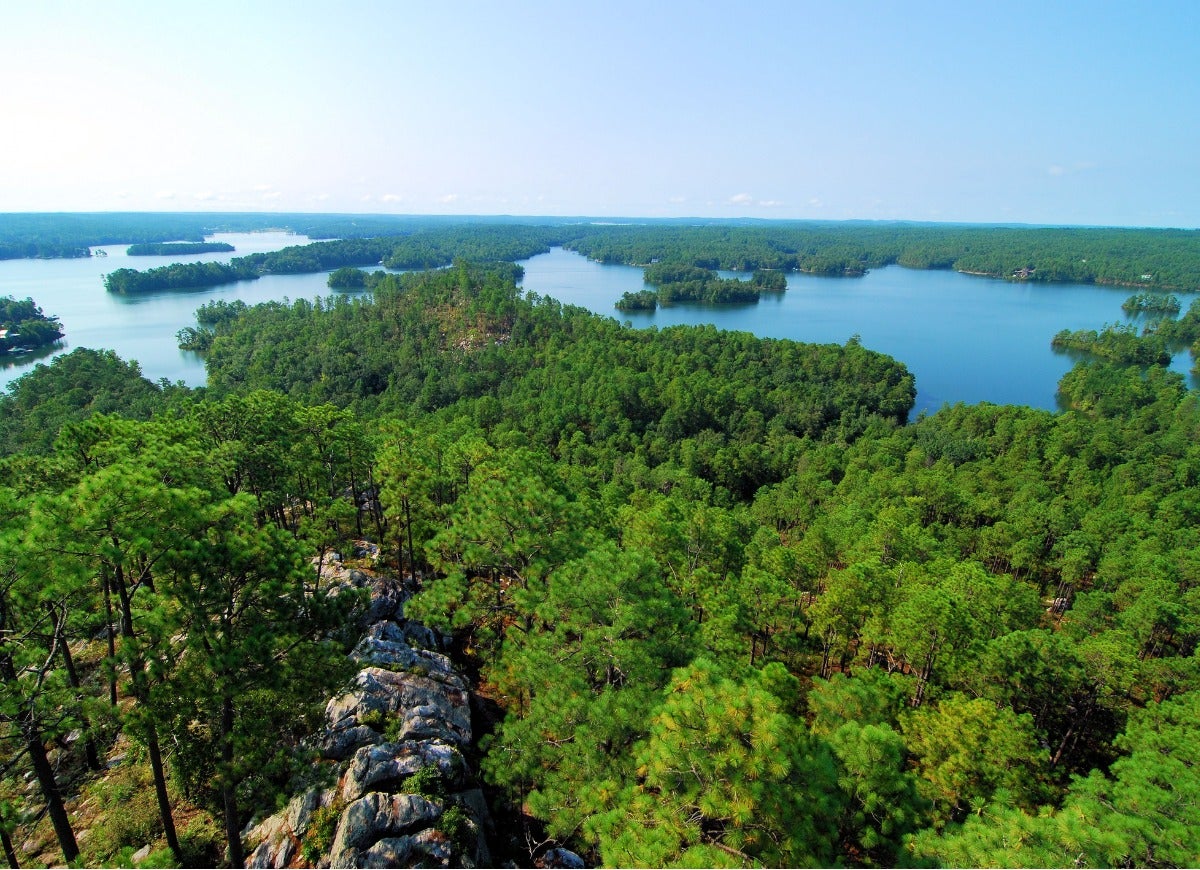
Daniel Mark Schwartz of Off Grid Permaculture rates Alabama as the top state for off-grid living. Cost of living is low in Alabama, with relatively inexpensive land costs and some of the lowest property taxes in the nation. It’s also home to a number of counties without building codes. In terms of harvesting rainwater, Alabama is a prime location because the state gets plenty of rainfall (56 inches per year) and state regulations allow for unrestricted water harvesting.
Oregon
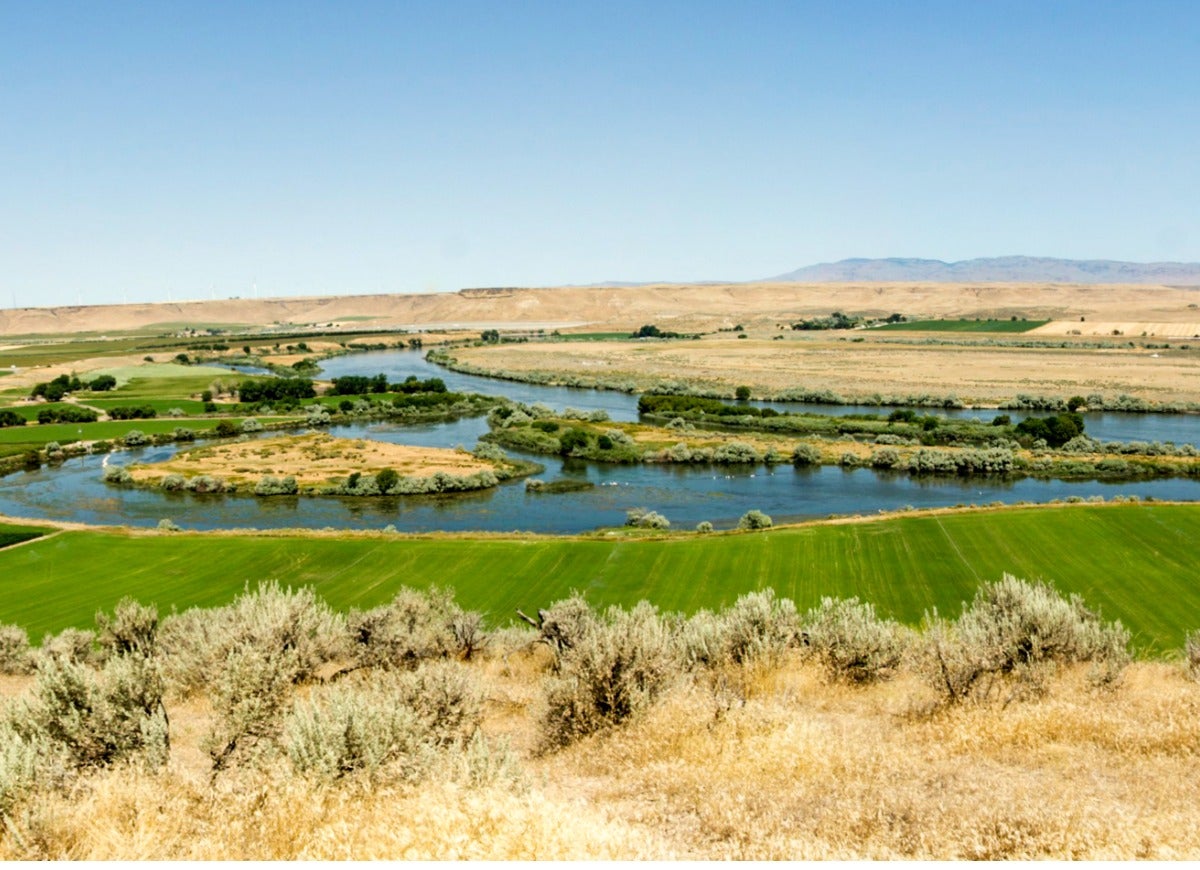
Oregon is home to a number of major off-grid communities, including the 4,000-acre piece of land known as Three Rivers. Rather than using public utilities, the 75 to 80 members of the association share solar and wind power. Oregon also has low property costs and many desirable natural resources. Not only that—the state has few restrictions on hunting and farming.
Missouri
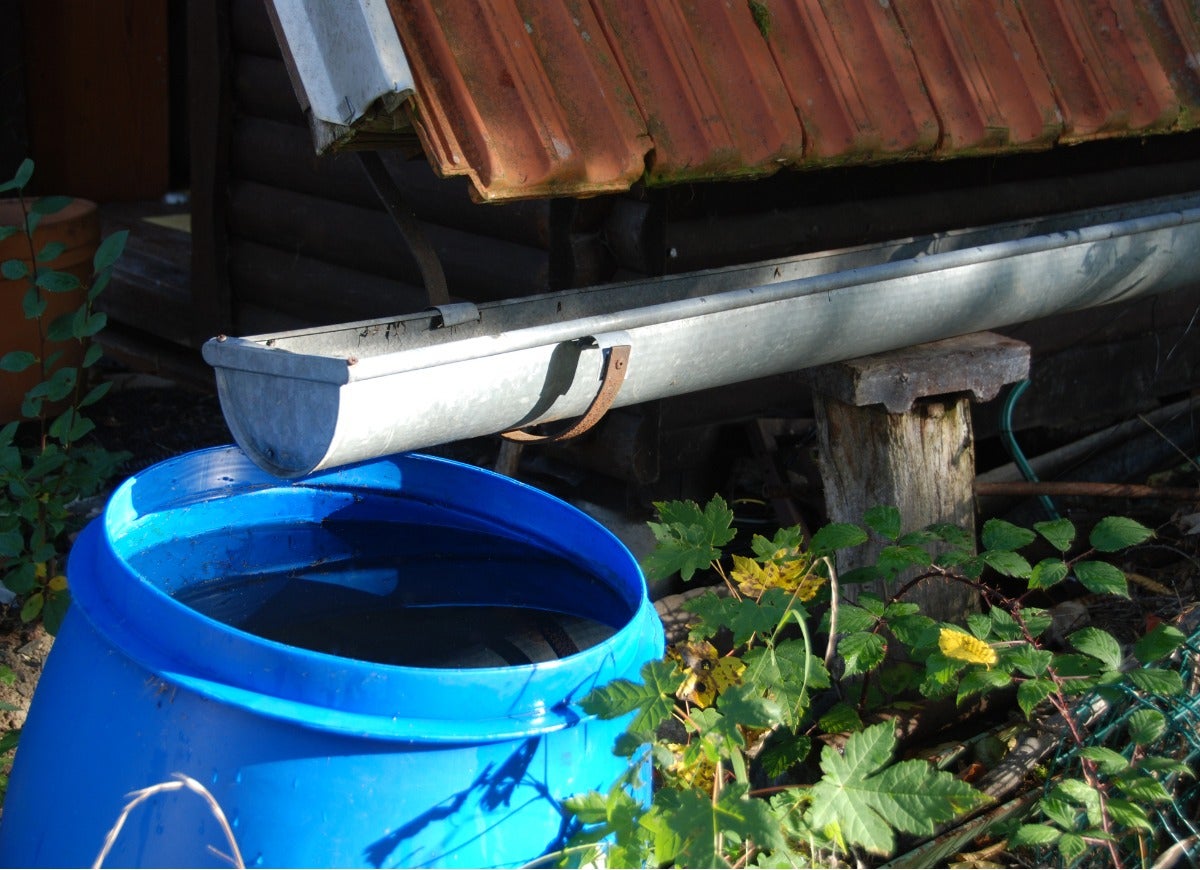
Missouri is home to large swaths of rural countryside, many of which don’t have strict zoning regulations or building codes. Off-grid homesteaders can freely collect rainwater without restrictions in Missouri, and the landscape is excellent for farming because of the area’s short, temperate winters. It’s also a state where homeschooling children doesn’t involve much bureaucracy because of limited education restrictions.
Hawaii
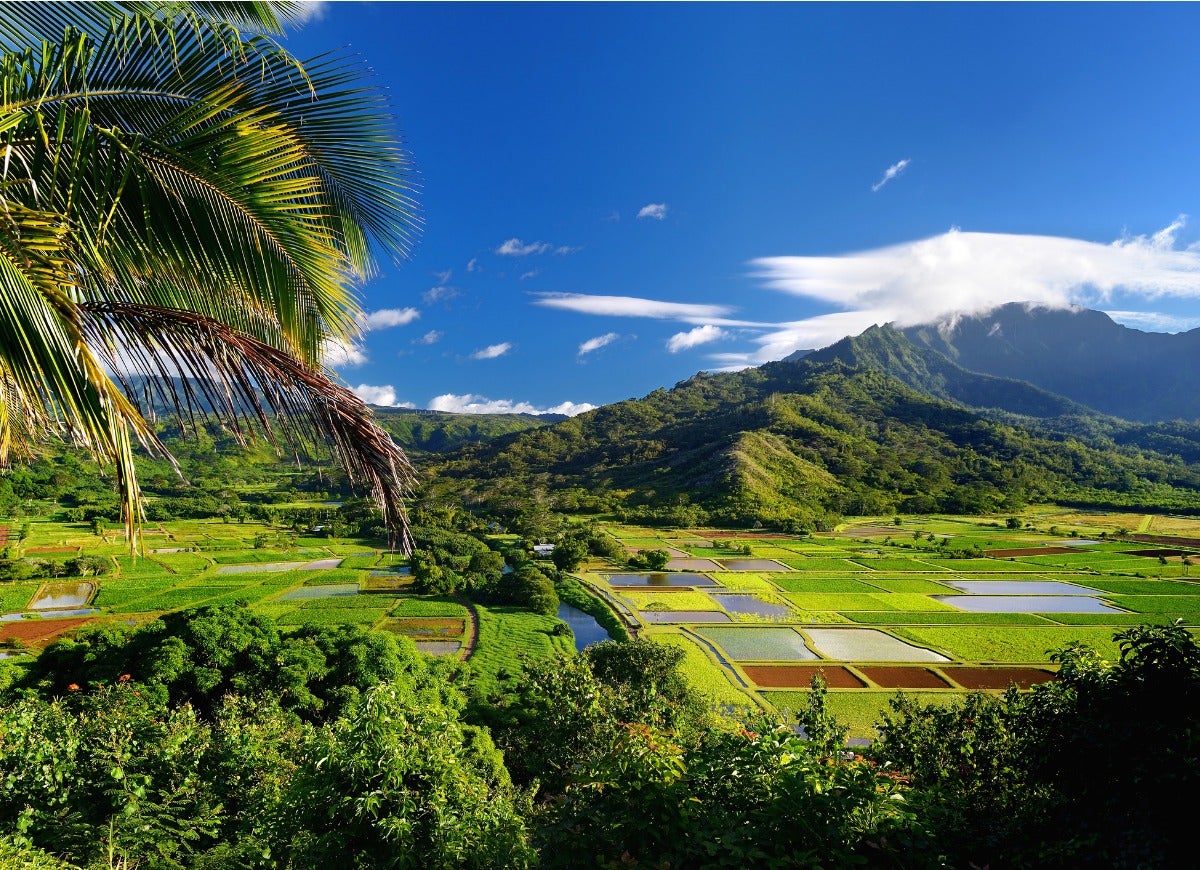
Off-grid adventure-seekers looking for a warm, tropical climate should, of course, consider Hawaii. Although the cost of living might be high and state regulations may limit some activities, the lush environment more than makes up for it. It’s an excellent place for farming and gets plenty of sun and wind. The state gets a significant amount of rainfall every year, and collecting rainwater is completely unrestricted.
Related: 8 Things You Should Know Before Buying a House With Solar Panels
New Mexico

Those looking to live off-grid for the lowest possible price would do well in New Mexico. The cost of land is very inexpensive, and the cost of living is generally low. Taos, New Mexico, is also home to one of the world’s most well-known off-grid communities. It’s where you’ll find Earthship Biotecture, which features a collection of sustainable homes to visit or rent and educational materials on aspects of off-grid living.
Tennessee
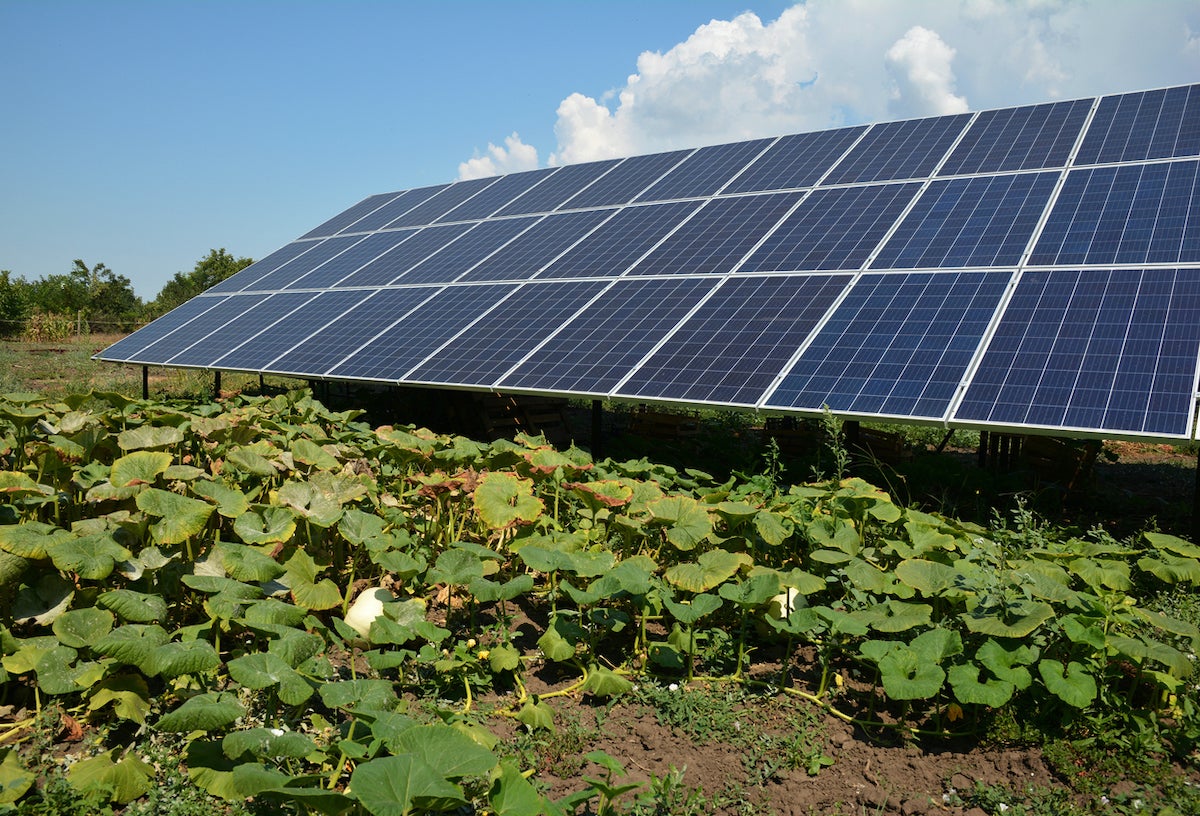
Many states that are popular for off-grid living tend to have warm climates, but homesteaders who want to experience all four seasons might be happiest in Tennessee. In the winter, temperatures can dip below zero, so it’s not ideal for year-round agricultural activities, but the growing season still lasts 260 days. Tennessee is a good choice for aspiring off-the-gridders on a budget because of the low cost of living and the ability to collect rainwater without restrictions.
Utah
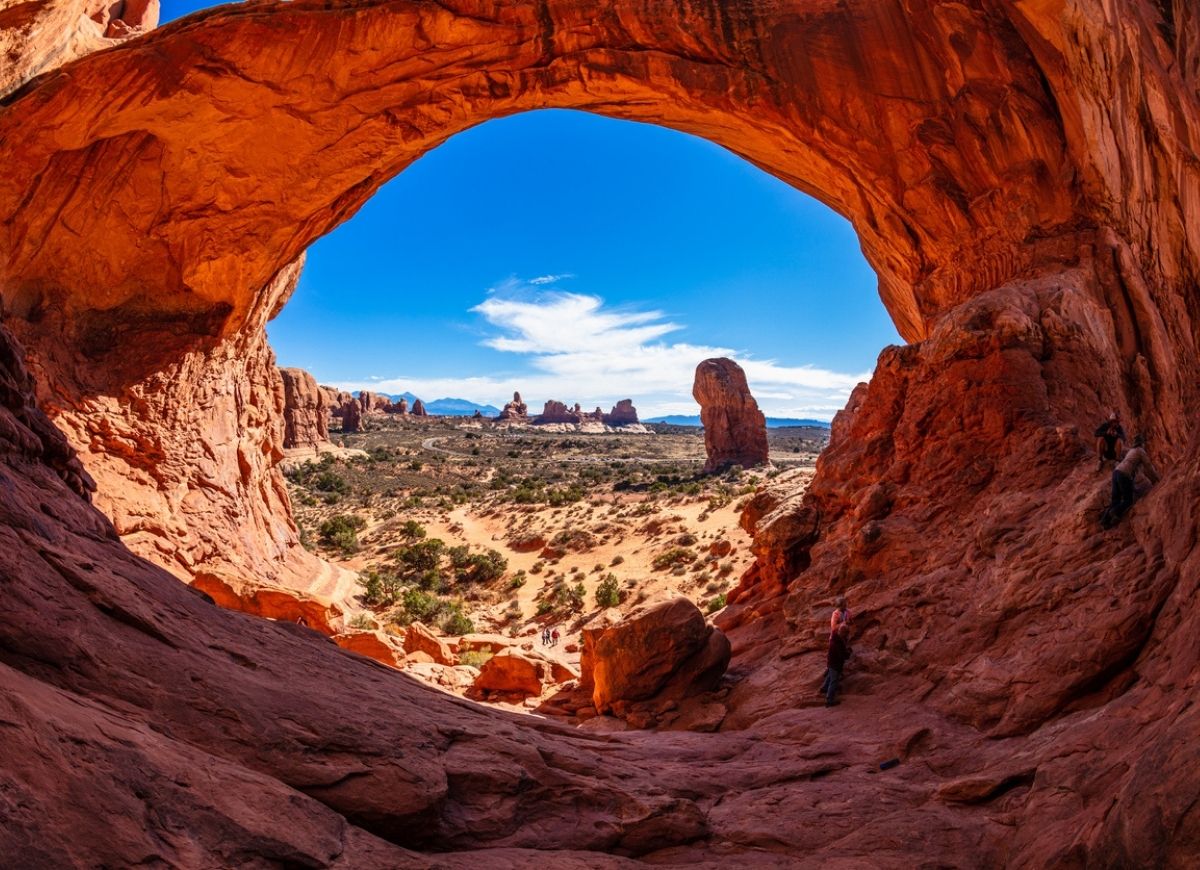
Utah is known for its beautiful, otherworldly landscapes and breathtaking national parks, making it a nature lover’s dream. Despite its appealing setting, the state has inexpensive land prices and low property taxes. Unlike some other states, however, there are regulations against collecting rainwater, which is an important factor for those looking to avoid dependence on public water resources.
Arizona
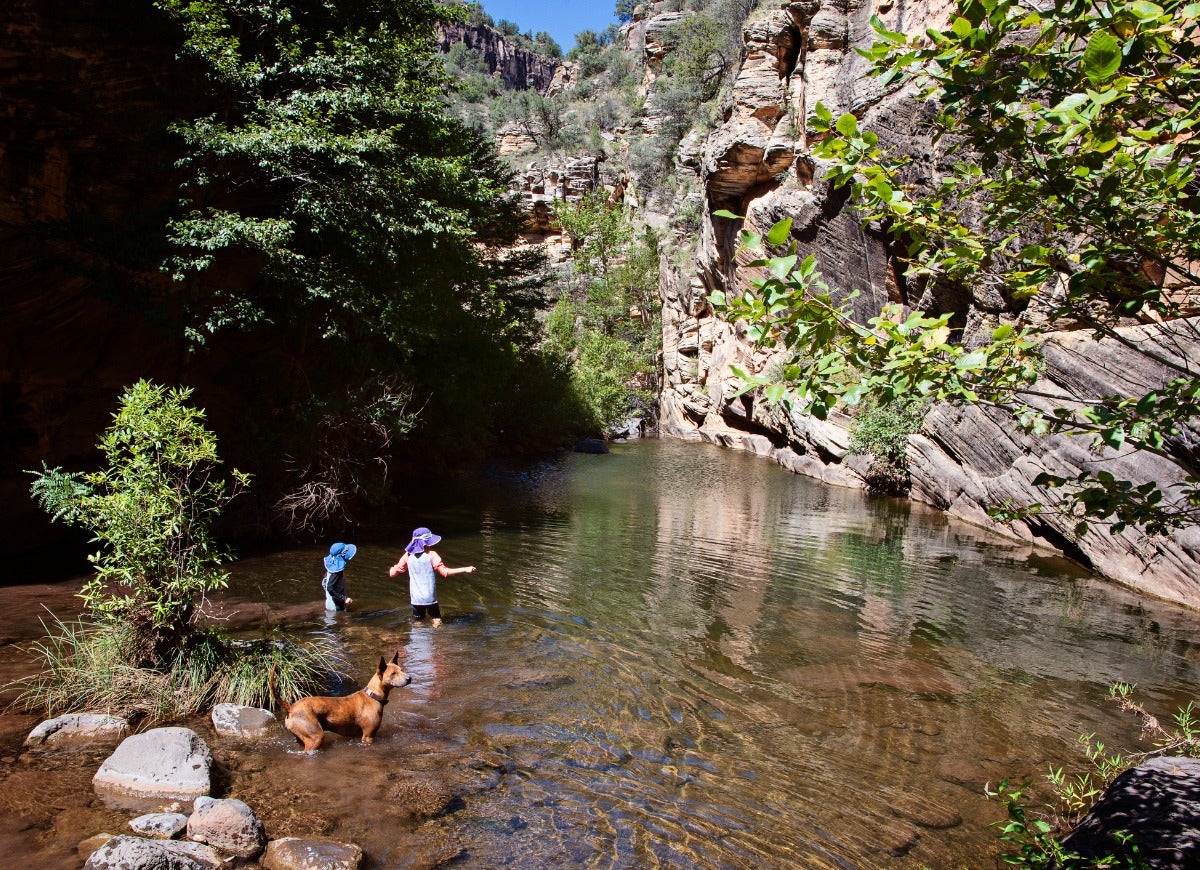
Arizona features plenty of affordable land and an enviable year-round climate. One potential problem when it comes to off-grid living in Arizona is the state’s arid climate. Homesteaders would do best choosing a plot of land close to a freshwater resource where they can drill a well. Luckily, however, there’s plenty of sunshine, making it very easy to harness solar energy to power your home.

Everything You Need for a Lush and Healthy Lawn
Keeping your grass green and your plants thriving doesn’t just take a green thumb—it starts with the right tools and supplies.

